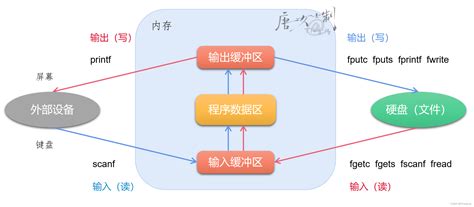如何定义sprintf
```html
Understanding sprintf Function in C Programming
The sprintf function in C programming language is used to format and store a series of characters and values into a string. It is part of the stdio.h library and is often used for creating formatted strings that can be printed or stored for later use. The syntax of sprintf function is:
int sprintf(char *str, const char *format, ...);
Here, str is a pointer to the character array where the resulting string will be stored, format is a string that specifies the format of the output, and the ellipsis (...) indicates that there can be multiple additional arguments depending on the format specifier in the format string.
The format string can contain format specifiers that start with a percent sign (%) followed by a character that specifies the type and format of the value to be inserted into the string. Some commonly used format specifiers include:
- %d for integers
- %f for floatingpoint numbers
- %c for characters
- %s for strings

Here's an example demonstrating the usage of sprintf:
include <stdio.h>
int main() {
char buffer[50];
int num = 10;
float fnum = 3.14;
sprintf(buffer, "The value of num is %d and the value of fnum is %.2f", num, fnum);
printf("%s\n", buffer);
return 0;
}
This program will print:
The value of num is 10 and the value of fnum is 3.14
One important thing to note is that the sprintf function does not perform any bounds checking, so it's important to ensure that the target buffer (str) is large enough to accommodate the resulting string to prevent buffer overflow.
In summary, sprintf is a powerful function in C programming for creating formatted strings, but care should be taken to avoid buffer overflow by ensuring the target buffer is appropriately sized.
